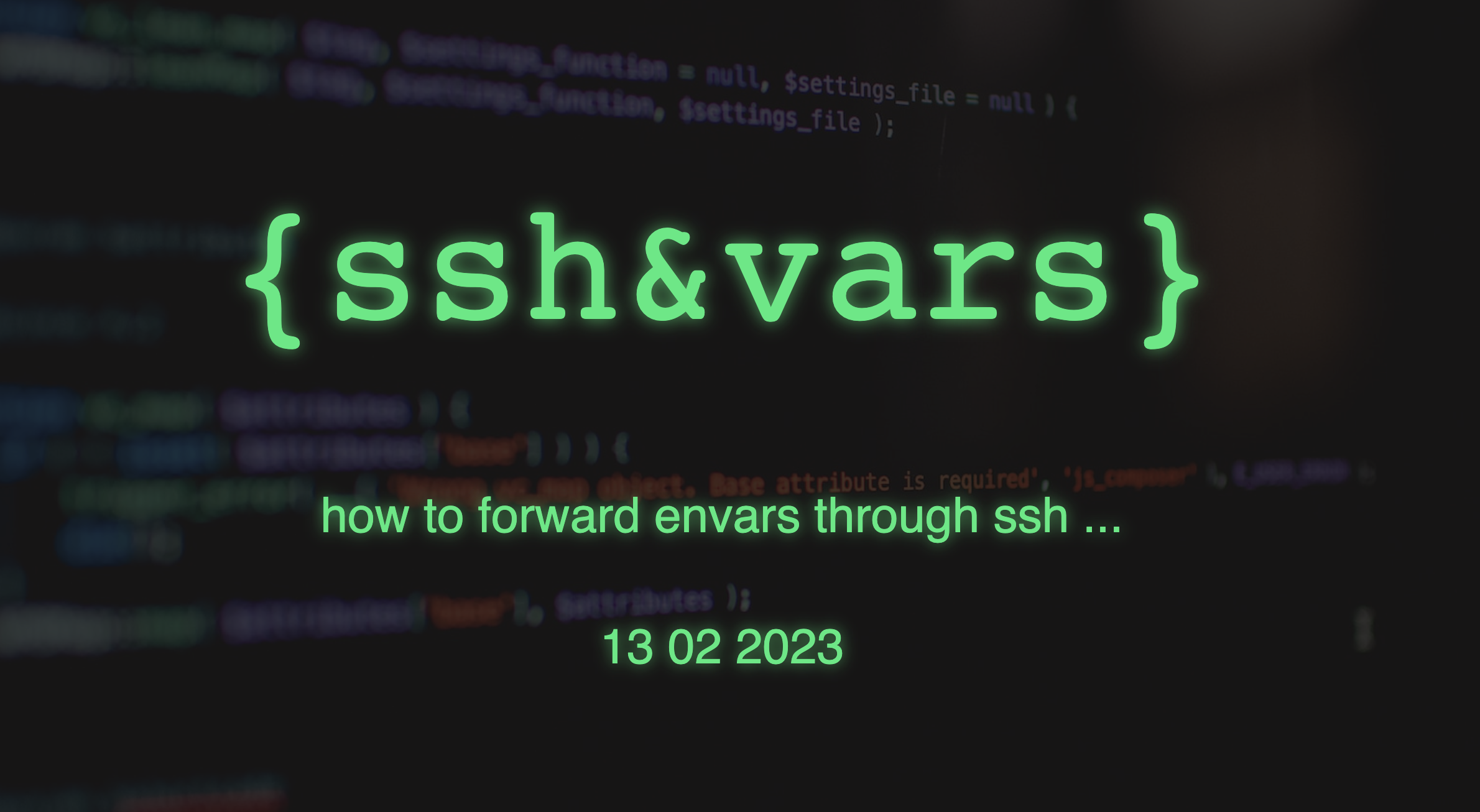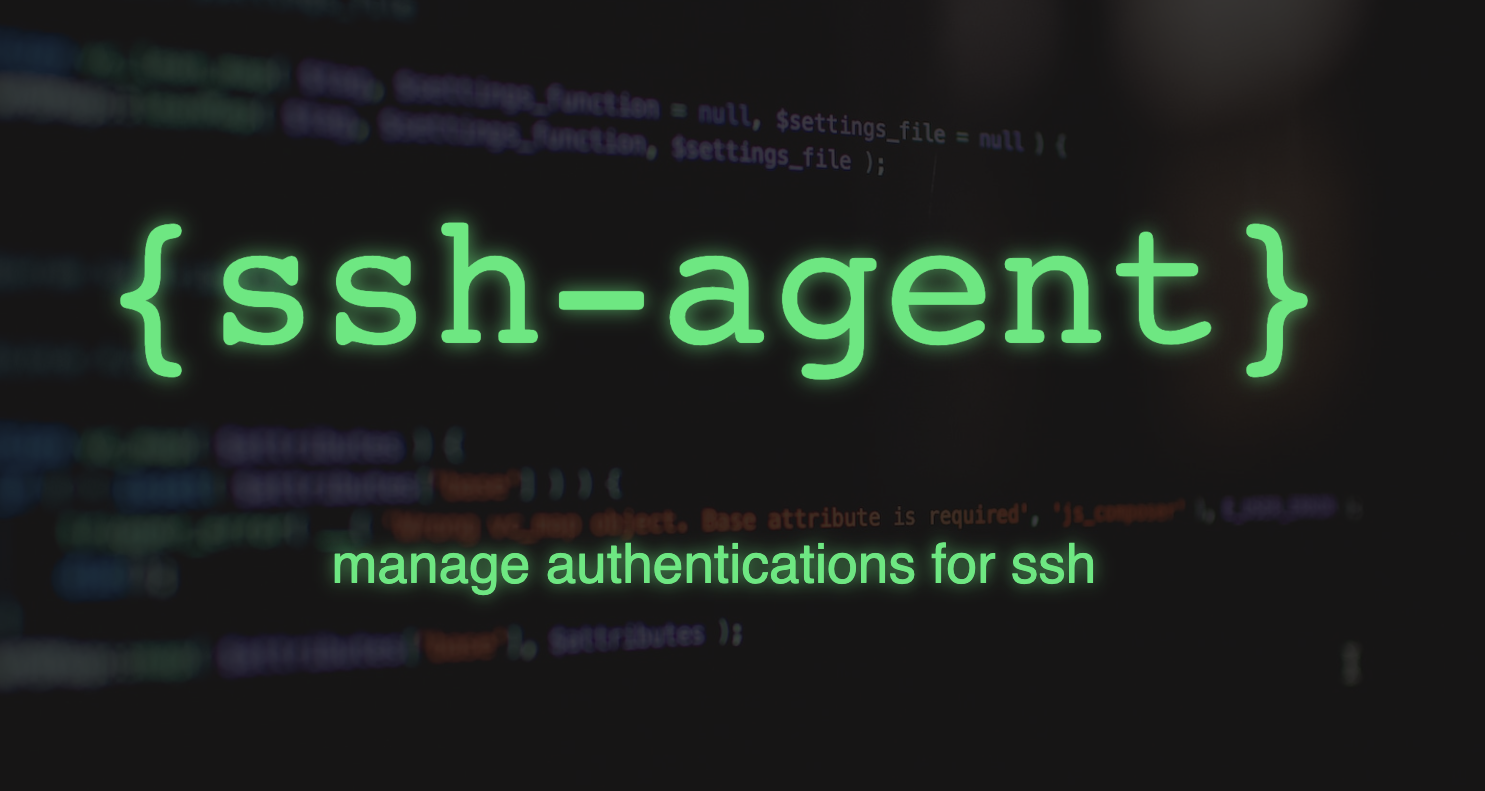IP over SSH
wanna tunnel IP over SSH ? give a try ? Tested for you with … OpenBSD :)
Host1
do the following as root
echo "net.inet.ip.forwarding=1" >> /etc/sysctl.conf
sysctl net.inet.ip.forwarding=1
echo "inet 10.0.0.1 255.255.255.0 10.0.0.2" >> /etc/hostname.tun0
sh /etc/netstart tun0
sed -i '/PermitTunnel .*/PermitTunnel yes/' /etc/ssh/sshd_config
rcctl restart sshd
ssh-copy-id root@host2
Host2
do the following as root
echo "net.inet.ip.forwarding=1" >> /etc/sysctl.conf
sysctl net.inet.ip.forwarding=1
echo "inet 10.0.0.2 255.255.255.0 10.0.0.1" >> /etc/hostname.tun0
sh /etc/netstart tun0
sed -i '/PermitTunnel .*/PermitTunnel yes/' /etc/ssh/sshd_config
rcctl restart sshd
ssh-copy-id root@host1
now do ifconfig tun0 on Host1 and Host2 -> tunnel should be down


